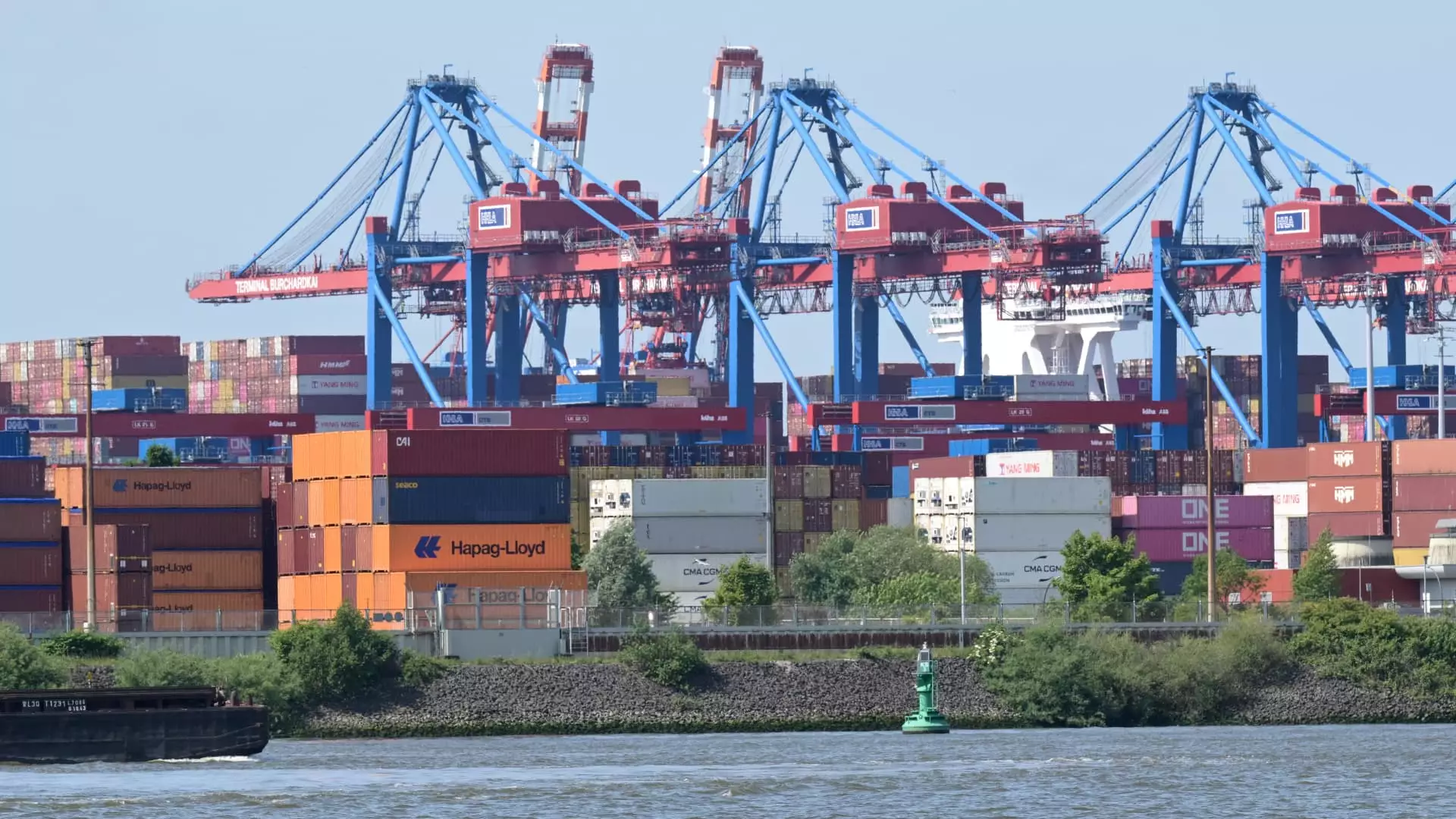As the clock ticks down on the imminent deadline, the prospects of salvaging a meaningful trade agreement between the United States and the European Union look increasingly bleak. At stake is more than just tariffs; it is the future of a decades-old economic partnership that has fostered growth, stability, and global influence. Yet, instead of forging a collaborative path forward, the talks reveal a stark reality: mutual distrust, conflicting interests, and political posturing threaten to plunge this vital relationship into chaos.
The Trump administration’s aggressive tariff policies, ostensibly aimed at rectifying perceived trade imbalances, have cast long shadows over transatlantic relations. While the rhetoric positions these measures as defensive, they actually serve as blunt instruments that risk escalating into destructive retaliations. The EU’s readiness to respond with tariffs on US goods underscores a dangerous game of economic hardball, with the potential to inflict real damage on both economies. This tit-for-tat escalation, driven by political pressures on both sides, sacrifices long-term stability for short-term displays of power.
From a broader perspective, the U.S.-EU trade relationship isn’t a superficial matter; it accounts for nearly a third of global goods traffic, touching everything from pharmaceuticals to automobiles. The figures are staggering: in 2024, nearly €1.68 trillion flowed across the Atlantic, more than enough to influence broader economic health. But behind the impressive numbers lies a growing strain—a persistent imbalance of trade, especially in services, which complicates the narrative and fuels nationalist rhetoric. The EU’s trade surplus and deficit patterns reveal underlying tensions that have yet to find consensus, let alone resolution.
The political atmosphere on both sides is characterized more by brinkmanship and uncertainty than by pragmatic collaboration. European leaders, constrained by internal political pressures and a desire to present a united front, are hesitant to commit to detailed agreements. Instead, they speak in terms of “heads of terms”—a vague skeleton that offers little legal certainty and even less hope of comprehensive resolution within the restricted timeframe. The EU official stance of “aiming for an agreement in principle” reflects a recognition of the complexity but also an abdication of responsibility for meaningful reform.
Meanwhile, U.S. officials remain guarded and hesitant, publicly acknowledging the slim chances of sealing a deal before the looming deadline. The mixed signals exert further uncertainty, discouraging businesses, investors, and policymakers from making confident decisions. Well-respected experts have cast doubts on the likelihood of a substantive agreement, viewing the current diplomatic effort as little more than window dressing. The proposed “heads of terms”—akin to a handshake without the substance—highlight a dangerous tendency to prioritize quick political wins over enduring economic stability.
This entire fiasco exposes a fundamental flaw in transatlantic diplomacy: the inability to move past short-term political calculus toward genuine, mutually beneficial solutions. Trust has eroded, partly due to recent populist movements, protectionist policies, and the shifting global landscape. Both the U.S. and EU are nearing a precipice where the failure to negotiate could set back centuries of diplomatic progress and economic integration.
It is in this environment of distrust and superficial diplomacy that the hope for an “ambitious” deal seems increasingly naive. The European Commission’s own acknowledgment that a detailed, comprehensive agreement is “impossible” within the current timeframe suggests more than just logistical hurdles; it signifies a deeper systemic failure. The risk isn’t merely a delay but a fundamental reconfiguration of the transatlantic alliance, with far-reaching consequences for global economic stability and political leadership.
In the end, the March toward a significant deal is hampered less by technical issues and more by a crisis of confidence and political will. If diplomacy continues to falter and existing tensions remain unresolved, the U.S.-EU economic partnership risks shrinking into a shadow of its former self—an alliance hampered by distrust, driven by short-term interests, and ultimately unable to meet the demands of a rapidly changing world.


Leave a Reply